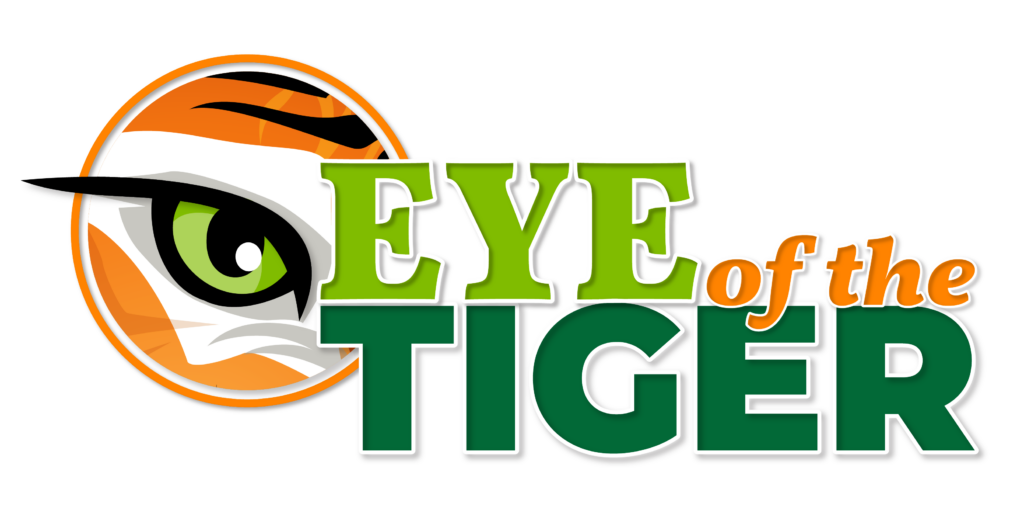
Debate. We see it all the time. We often take part in it. Whether it be formally in school and the political primary debates, or informally during lunch convos and disputes with siblings. Point is, debate is everywhere. And it’s an art. It is the creation and construction of logical arguments, the interaction between thinking individuals and the exchange of ideas. Nevertheless, it has now become a pattern to treat it as something entirely different.
The practice of debate can be traced back to the times of Socrates in ancient Greece, when philosophers conferred over their ideas. In today’s age, it is most common we see debates regarding a wide extent of different topics and social issues. Abortion, immigration, climate change and politics are polarizing subjects that are discussed frequently, and often result in a heated argument or violence. But there was a time where debate didn’t result in this. Why have we reached this point?
It is a matter of passion and victory. When regarding these controversial issues, we often find ourselves joining a team. Whether it be individually or with others. We treat it like a sport, we wear the team jersey, someone has to win and someone has to lose. And in the struggle for victory and power, we often find our passion for these topics overcoming us – and eventually turning into anger. Passion for debate and the matters it covers should drive us to finding common resolutions, not winning a confrontation. It is then that we find our original intentions lost. Debate is the proper use of linguistics to exchange ideas in a thoughtful conversation, not a battle. Society has forgotten that. We have reached a point where it can become scary to participate in a discussion with a person who thinks differently.
But this isn’t the case everywhere. Fortunately, there are places where the real identity of debate is still conserved, and it is followed with its rules and proper measures. Debate clubs such as DALE or HACIA for example, are great tools to practice debate skills, and healthy environments to enjoy the authentic experience.
Debate is a beautiful thing. It’s thrilling, intense and knowledgeable, but only if we let it be. It can be easy for toxic environments and angry conversations to emerge. So let’s conserve debate and the form in which it’s an art. An argumentative dialogue. Let’s keep working in unison toward finding solutions for the issues today. We can’t lose that. Who would we be if we did?
“In all debates, let truth be thy aim, not victory or an unjust interest”
-William Penn


